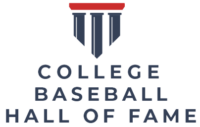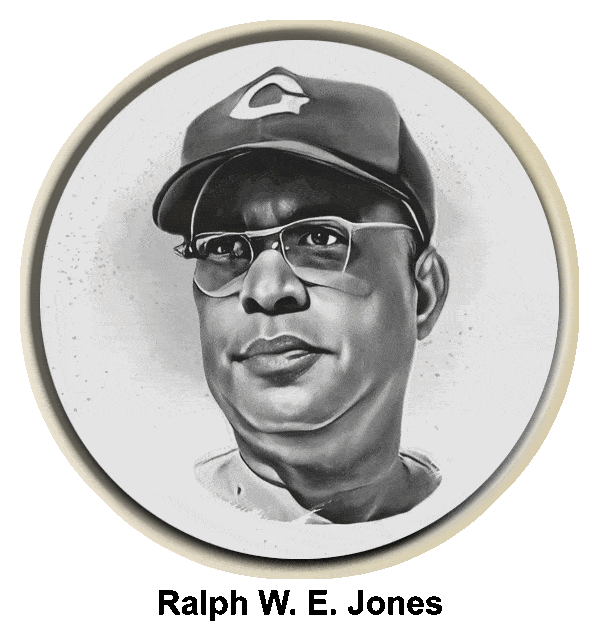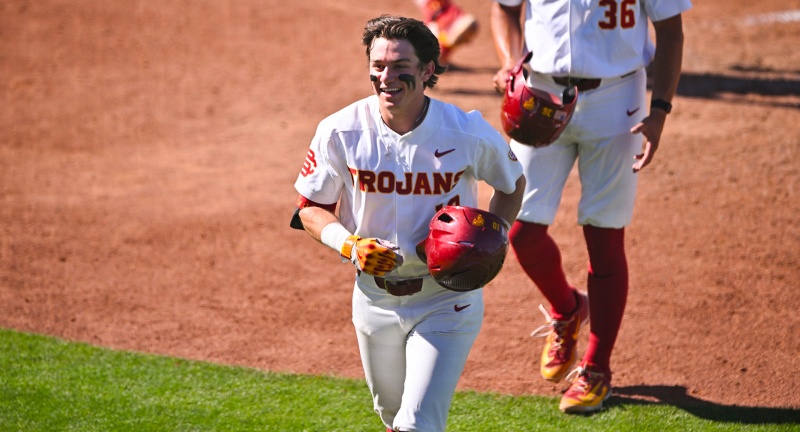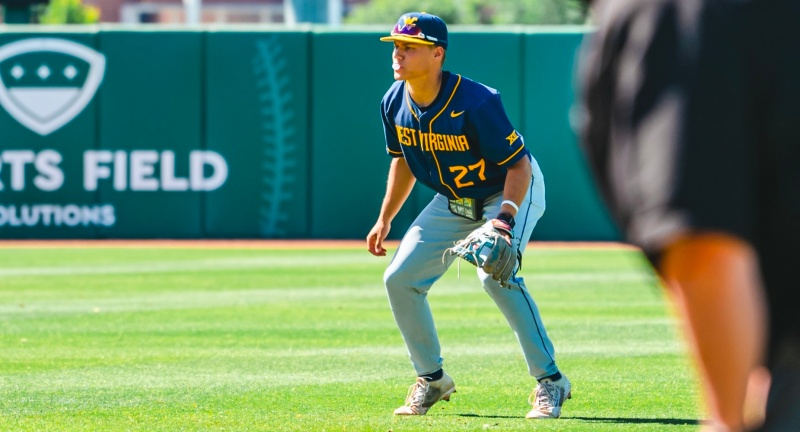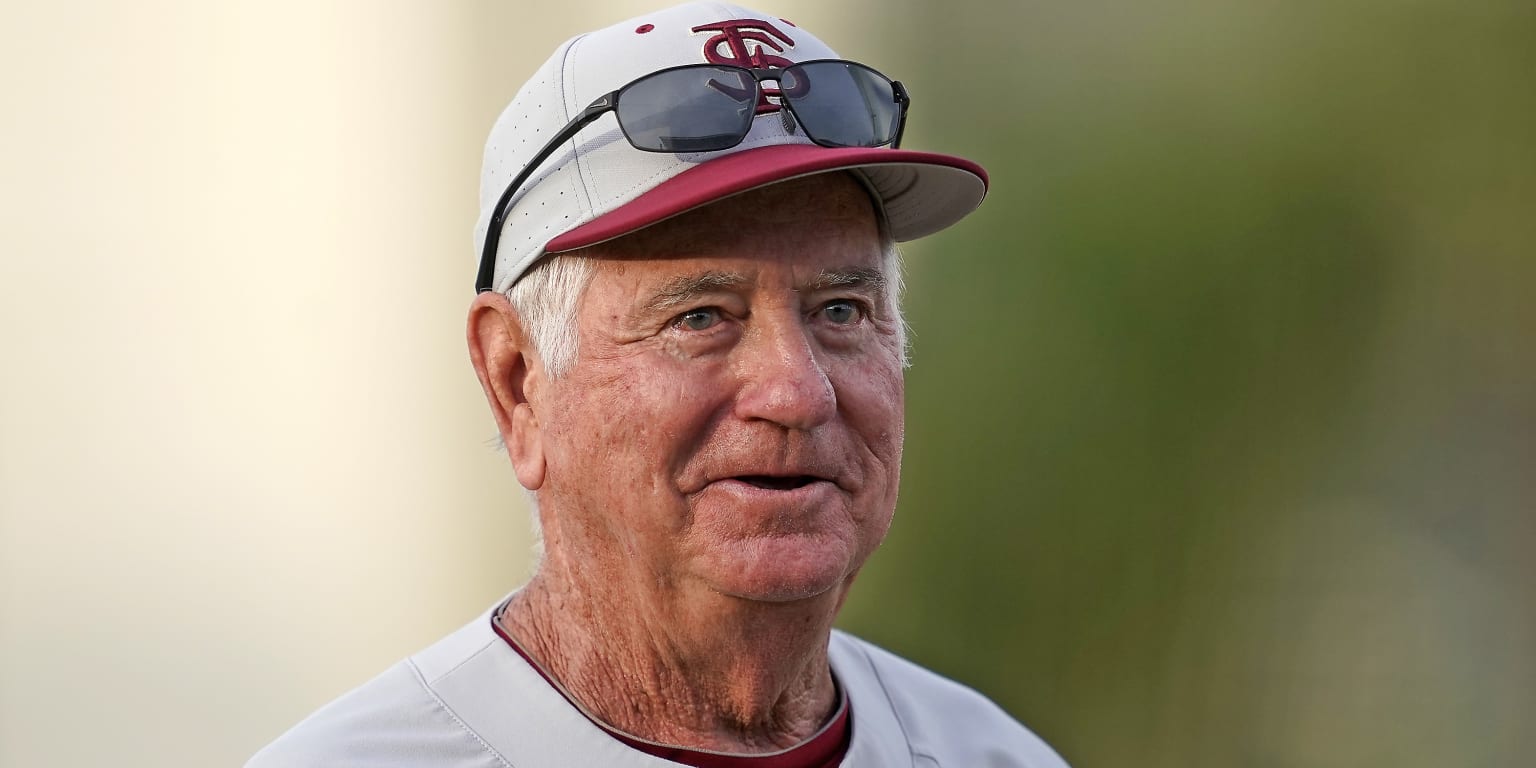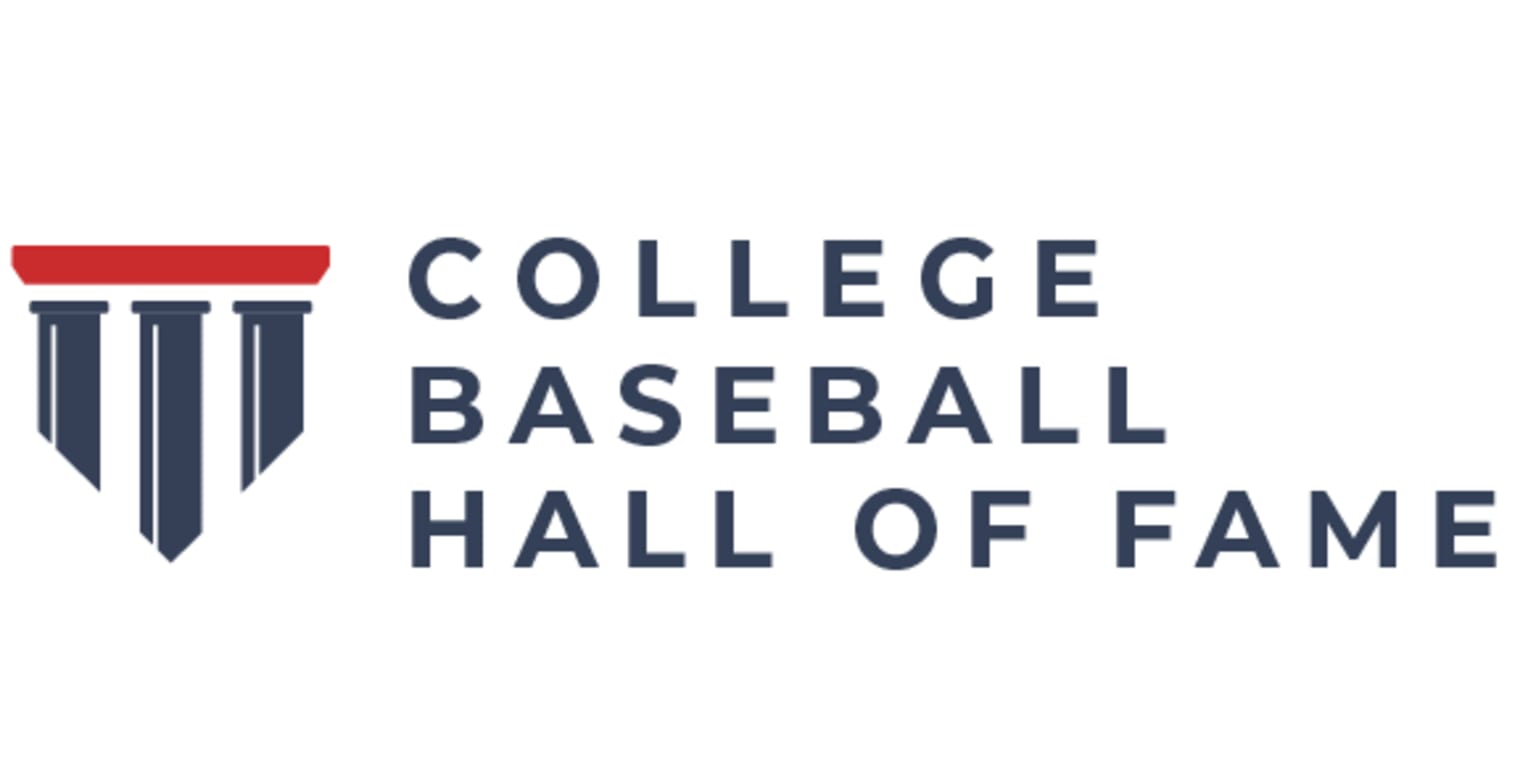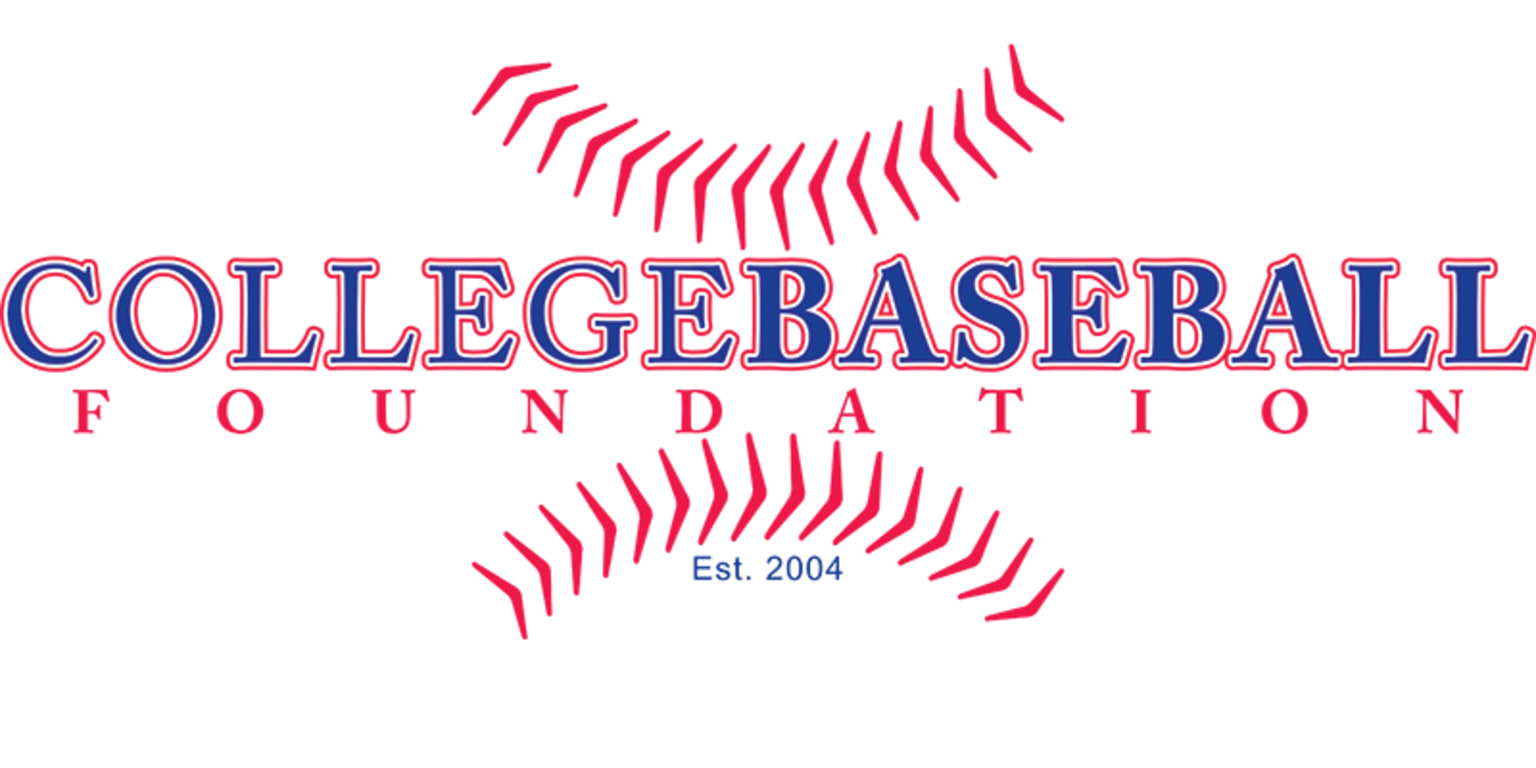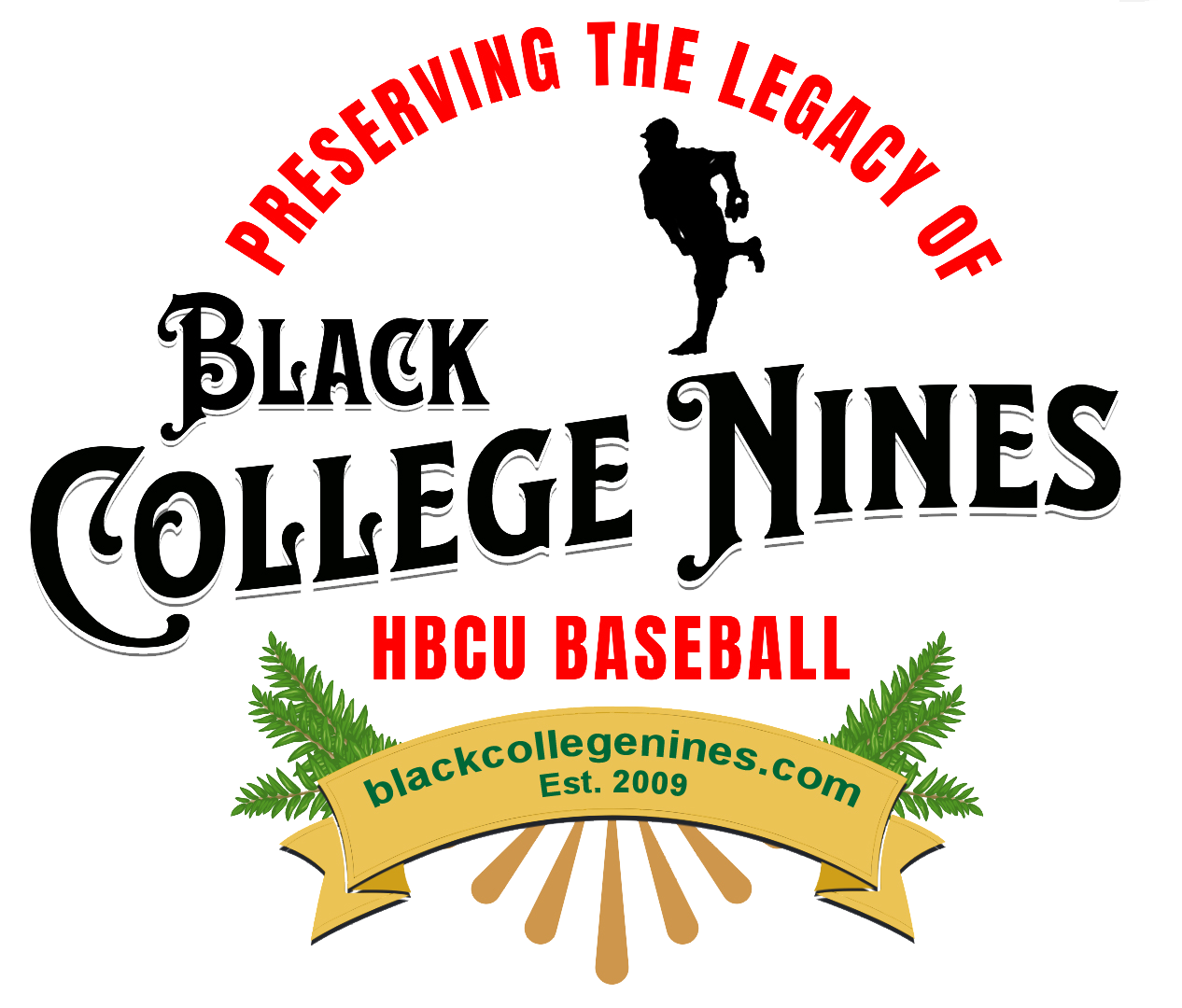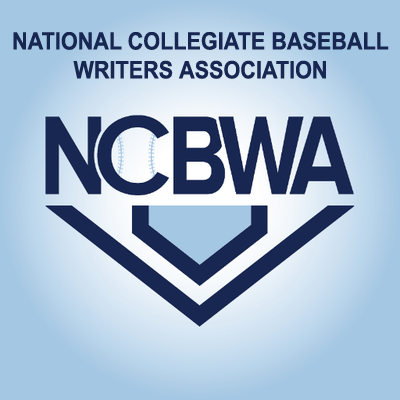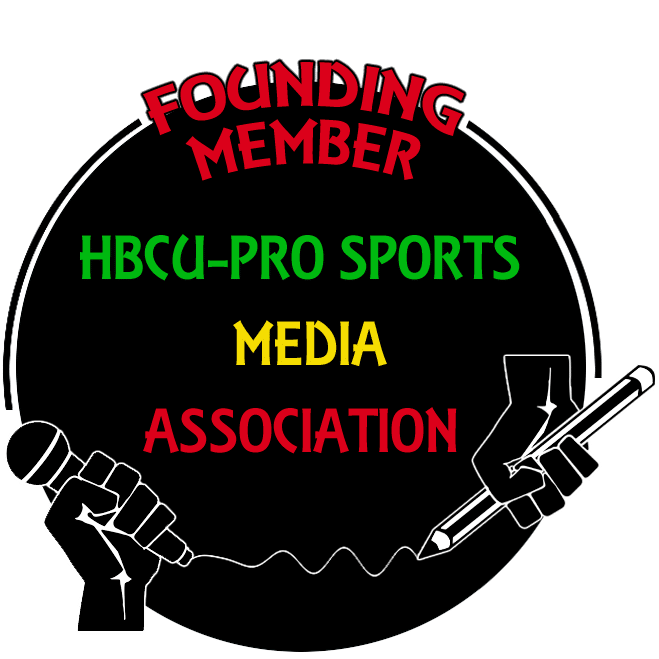
Outfield instructions during the Buck O’Neil Professional Baseball Scouts and Coaches Association clinic held at Westlake High School in Atlanta, Georgia on November 11, 2017.
Photo Credits (c) 2017 Harold Michael Harvey
Steve Williams, President of Professional Scouting for the Pittsburgh Pirates Baseball Club, was all smiles on a recent chilly Saturday morning. What brought a smile to his face was the sight of 100 young, mostly black, men on the baseball diamond at Westlake High School in Atlanta, Georgia.
There was a gleam in his eyes that matched the radiant smile on his face as he looked across the ball field with the watchful eye of a mentor, coach and scout.
“It’s all about teaching these young men how to care for somebody else,” Williams said.
“If they see us taking time with them, helping them to get better as ball players, as young men; helping them to earn a seat in a college classroom or on a professional ball team, then when they have reached their goal they will do for others what they have seen us do for them,” Williams said, explaining why his professional organization for scouts and coaches conduct a baseball clinic as part of their annual meeting each year.
He is president of the Buck O’Neil Professional Scouts and Coaches Association. Ostensibly it is a scouts and coaches association to develop minority scouts and coaches. However, Williams is quick to note that the association is open to any scout or coach seeking continuing education to develop their careers.
“During our annual meeting, we offer seminars on career development on Thursday and Friday, then on Saturday, we invite the top 100 high school baseball players in the host city to participate in a baseball clinic,” Williams said.

Chip Lawrence played college baseball at Southern University and a few years in minor league baseball before embarking on a career as a professional baseball scout. Photo courtesy of Chip Lawrence
Chip Lawrence, National Scouting Supervisor for the San Diego Padres, whose Pro Youth Foundation hosted a showcase for 180 youngsters last weekend in Atlanta, said he learned some interesting things about personal and career development during this weekend’s meeting of the Buck O’Neil Professional Scouts and Coaches Association.
“I learned the importance of being prepared when opportunities present themselves. And of course I am continuing to learn more about statistical data and the role it plays in evaluating talent,” Lawrence said.
This year’s seminar included presentations from Tony Clark from the Major League Baseball Players Association, Jeff Hood the CEO of the Police Athletic League and Louisiana Congressman and President of the Congressional Black Caucus, Cedric Richmond.
After two days of classroom work for the 100 scouts and coaches in attendance, they hit the field on Saturday and taught a variety of skills to the 100 inner city ball players present.
Down in the bullpen, Marvin Freeman, former pitcher for the Atlanta Braves and Colorado Rockies, was holding court. He was as down to earth as Bob Braddy, the College Baseball Hall of Famer, who coached him at Jackson State University.
“You have to be smart to be a pitcher,” Freeman barked to about two dozen high school pitchers.
“Why would you want to play in the field or have to get your hands beat up holding a bat, when you can stand on the mound and throw the ball to a spot to get a batter out,” Freeman intoned.

Marvin Freeman giving hands on instructions to a young pitcher during the Buck O’Neil Professional Baseball Scouts and Coaches annual clinic. Freeman recently moved back to Atlanta where he will serve as pitching coach for the Morehouse College baseball program.
Photo Credits: (c) 2017 Harold Michael Harvey
Freeman taught the youngsters the basic mechanics and the thought processes of getting that one batter out that could spell the difference between your team going home a winner rather than a loser.
“If you hit your spot,” he said to a left hander preparing to throw a four seam fastball on the outer half of the plate to a right hand batter, “with 80,000 folks in the stands screaming, on the road, if you throw a strike here the whole stadium goes quiet and the next thing you see is your catcher running towards you to show you some love, you miss your spot and your girlfriend is going home with the batter,” Freeman bellowed.
Then he instructed the pitcher to cut loose a four-seamer on the outer half of the plate. The young pitcher working from the stretch, toed the rubber, then hurled the ball towards home plate. After the ball popped into the catcher’s mitt, Freeman thundered, “Everybody loves you man.”
At home plate, Lenny Webster, the last African American to play catcher for a major league team was tutoring twelve black high school catchers in the art of being an asset to the team.
“Your pitcher, your manager, your coaches will absolutely love you if you save them a run. So my advice to a young catcher, is to pride yourself in saving a run,” Webster preached.

Lenny Webster teaching the art of blocking baseballs to future college and pro catchers.
Photo Credits: (c) 2017 Harold Michael Harvey
“If you can throw, that’s good, but what these scouts want to know, can you block a baseball, can you save me a run,” Webster said.
In other drills the professional scouts instructed the players on how to get a lead off first base and how to advance from second base to third base. They were getting into the nitty-gritty mechanics about vision, balance, positioning of the feet that makes a major league base runner a major league base runner.
Mike Simonds, who operates a film booking company in the Atlanta area, was one of a few white parents to bring their son to the event. Simonds knows the value of the insight being taught by the Buck O’Neil Professional Scouting and Coaches Association.
“I spend roughly 5-6 thousand dollars a year on baseball for Owens,” he said, referring to his son.
Simonds said he learned of the baseball clinic from a scout who also coaches Owens in private sessions.
“These camps costs anywhere from $125 up to $450, so I figured if I could get him some instruction for free, I was going to take advantage of it, he said.
Simonds added, “It’s hard for an American family to compete in preparing their kid for baseball with all the free training the kids are getting down in the Caribbeans. I do the best I can, but there are not many families who can afford to do what I do.”
When Owens had his bullpen session with Freeman, after his first pitch to the catcher, Freeman asked the young right hander, “You are a relief pitcher, aren’t you.” The quiet Owens nodded his head, “Yes.”
Freeman spotted something in Owens’ throwing mechanics, then asked Owens, “What other sports are you involved in?”
“Swimming,” Owens said.
Whereupon Freeman, like a college professor, began to analyze the similarities and differences in the movement of the arm through the water to make a stroke and the physics of throwing a pitch when it is targeted for the outer half of the plate.
Priceless baseball instruction from people who know the ends and outs, ups and down, the joys and the heartbreaks that baseball can bring to a young man’s life.
“We got over 50 scouts out here, all 30 Major League Baseball franchises are represented here today,” Danny Montgomery, Special Assistant to the Colorado Rockies, told the parents of the young baseball players.
“Today we are here for you. Now is the time to ask any of them any question you might have. We want to give you the information that you need that will help these guys be better people and better players,” Montgomery said.
“This is our 17th clinic,” said Williams, who played collegiate baseball at Clemson.
The significance of this is that the kids participating in the Atlanta clinic were just born when Williams convinced the legendary Negro Leaguer Buck O’Neil to lend his name to this fledgling association designed to improve the skills of professional scouts, coaches and amateur baseball players in urban America.
Surely “Buck” O’Neil was beaming down a radiant smile that matched the smile of Steve Williams as the wind swept across the diamond at Westlake High School.
Harold Michael Harvey is an American novelist and essayist. He is a Contributor at The Hill, SCLC National Magazine, Southern Changes Magazine and Black College Nines. He can be contacted at [email protected]


